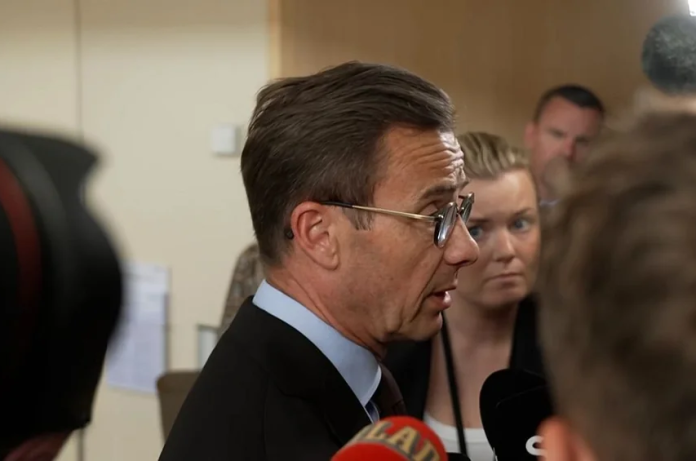Speaking to journalists in parliament on Wednesday, Prime Minister Ulf Kristersson declared Sweden “under attack” following three days of sustained cyber disruptions targeting public broadcaster SVT, major banks, and the BankID digital identification system.
We are exposed to enormous cyberattacks. Those on SVT have now been recognised, but banks and Bank-id have also been affected.
The attacks, identified as Distributed Denial-of-Service (DDoS) events, overwhelmed systems and disrupted essential services. While Kristersson refrained from attributing blame, he referenced Swedish Security Service (Säpo) assessments identifying frequent perpetrators of such operations.
The incidents highlight critical vulnerabilities in one of the world’s most digitally connected nations, where over 93% of households rely on internet access.
Earlier this year, Kristersson described Sweden’s post-neutrality reality as “new and more dangerous”, a view underscored by Säpo’s 2024 threat assessment naming Russia, China, and Iran as primary cyber adversaries.
As part of its commitment to meet NATO’s defence spending target of 2% of GDP, Sweden is channelling significant investment into cybersecurity and military capabilities. With critical services still recovering, the attacks crystallise the vulnerability of even highly advanced digital societies.
